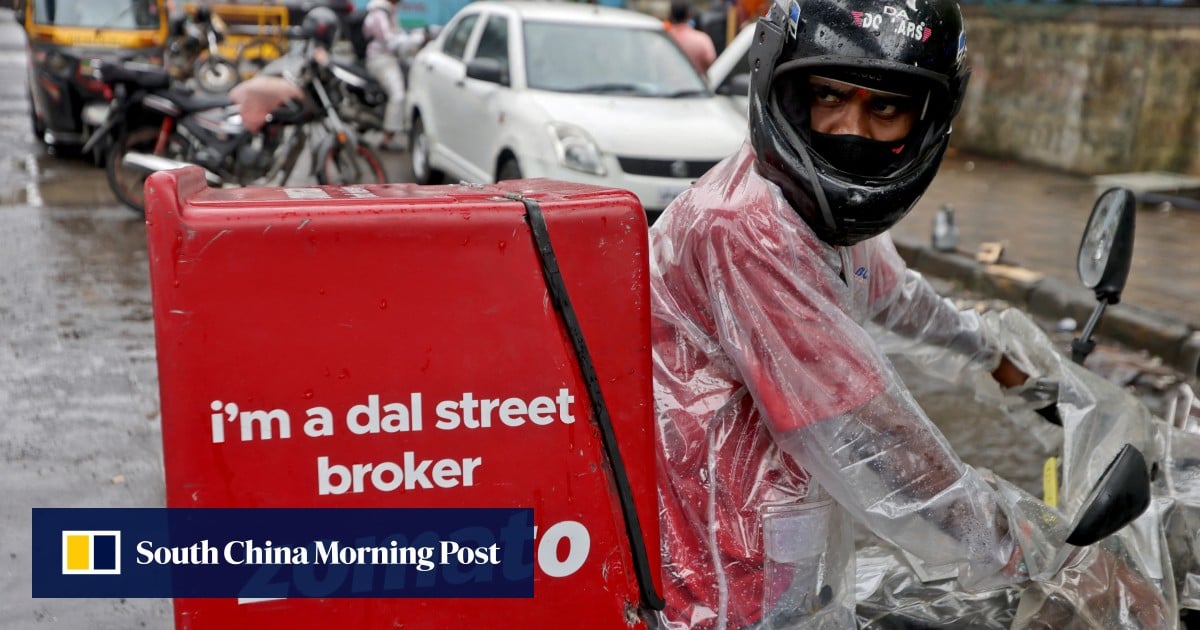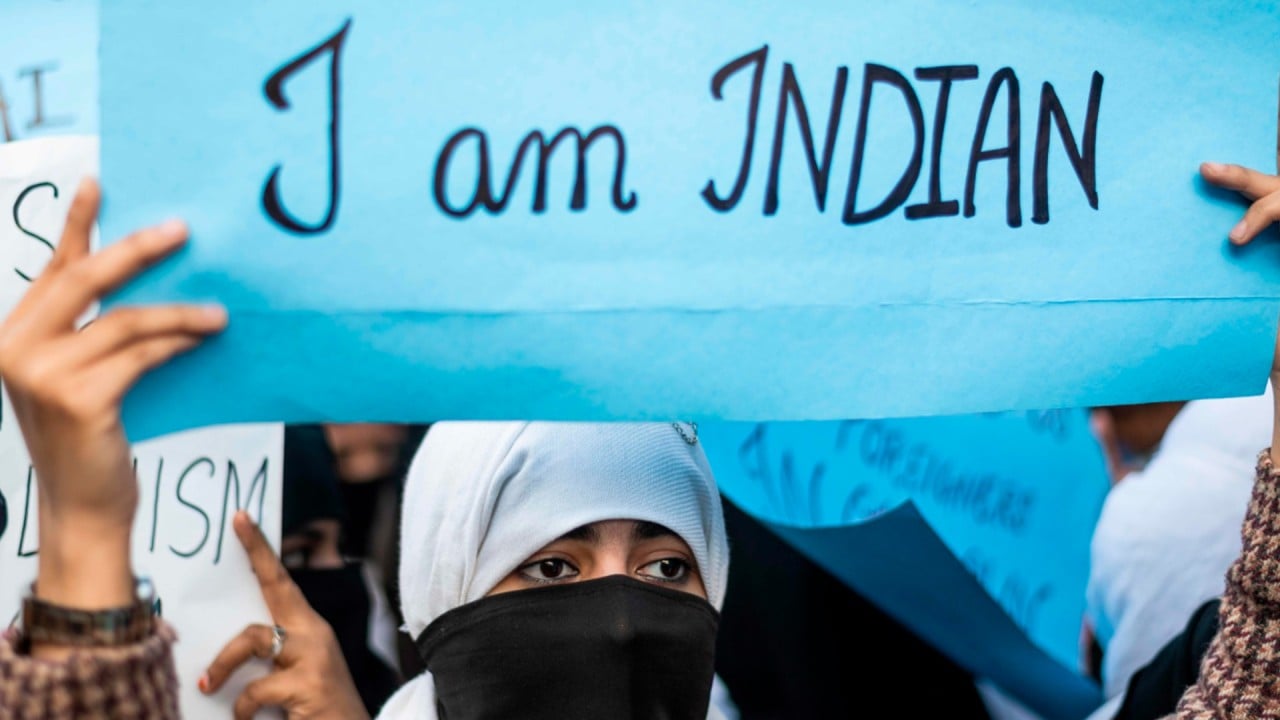In a post on X, Goyal said: “Our dedicated Pure Veg Fleet will exclusively handle orders from pure vegetarian restaurants. This ensures that non-vegetarian meals, or even vegetarian meals from non-vegetarian restaurants, will never be delivered in the green packaging designated for our Pure Veg Fleet.”
His post immediately drew brickbats with many online users calling the decision “casteist” and “dangerous”. Some unions, activists, and academics are concerned about the segregation of workers wearing separate outfits in green and red, the company’s corporate colour.
India’s citizenship law slammed as anti-Muslim and Modi’s election ploy
India’s citizenship law slammed as anti-Muslim and Modi’s election ploy
Fatima Khan, a journalist on social media, said she would not be surprised if the ‘Pure Veg’ initiative were to lead to discrimination against delivery workers given past incidents where consumers had rejected deliveries based on religious reasons.
“Multiple instances have occurred where food deliveries were rejected because the delivery agent was Muslim. The rationale cited was often [we didn’t want our food purity to be tarnished],” said Khan.
Goyal initially stuck to his guns, saying on X on Tuesday: “I have received an overwhelmingly positive response on this launch from so many people. A lot of comments from young people who eat non-veg food saying ‘now my parents can also use Zomato.”
Just hours later, however, Goyal announced a reversal of his plan in a separate post. “While we will continue to maintain a fleet for vegetarian orders, we have decided to eliminate the on-ground segregation by removing the use of the colour green. All our riders, including those in our regular fleet and the fleet for vegetarians, will now wear [the usual] red uniforms.
“We now realise that some of our customers may face difficulties with their landlords, and we don’t want our service to cause such problems.”
Will India’s long election favour Modi – or throw up a last-minute surprise?
Will India’s long election favour Modi – or throw up a last-minute surprise?
Food for thought
For many years, consumer choices over vegetarian and non-vegetarian food have been a politically charged issue in India.
Since the Bharatiya Janata Party (BJP) came to power in 2014, food controversies have also emerged over religious reasons. In particular, Indian Muslims have faced discrimination based on their food consumption habits such as halal meat in a country where many among the Hindu majority are vegetarians.
The animosity against non-vegetarians has intensified to the extent that some Indian states have imposed restrictions on the sale of meat during certain Hindu festivals. With backing from right-wing leaders, Hindu mobs have attacked Muslims suspected of consuming beef or other non-vegetarian food in public places in recent years, according to media reports.
In India, the preference for vegetarian food is often associated with upper-caste Hindus or other religions who view themselves as superior to other Indians including Muslims. As such, Indians would forge closer social relationships or limit interactions based on food preferences.
Even among Hindus, many of them – particularly the younger generations – often consume non-vegetarian food discreetly due to societal pressures.
Delhi University Professor Satish Deshpande told This Week in Asia that the issue is not just about food preferences but also the perceived privilege of upper castes that others have to conform to their worldviews.
“This is part of the entire feeling of entitlement that upper castes have had to define the country,” he said.
The dangers arising from food preferences are also faced by millions of delivery drivers who have reportedly faced harassment and attacks for sending non-vegetarian food in areas where there are many vegetarian residents.
Rajesh Kumar, a gig worker, said: “Apart from discrimination, we could easily become targets for anyone who opposes non-vegetarian food. We face mistreatment from owners if they discover that a tenant has ordered non-vegetarian food in the building.”
Alishan Jafiri, a journalist who has tracked such incidents in India, said delivery workers are more vulnerable to violence than other people.
He added: “People can get assaulted, incarcerated, and in the worst scenario, even killed, for carrying or eating meat in India.”


